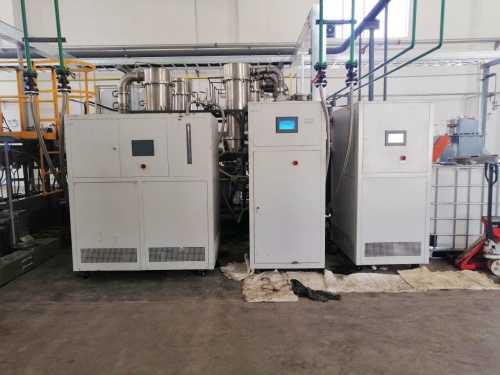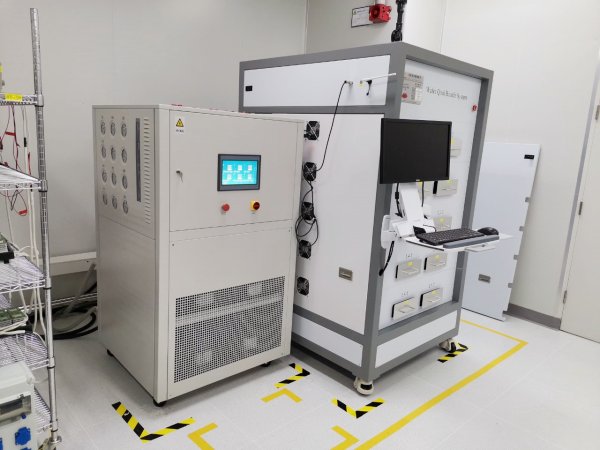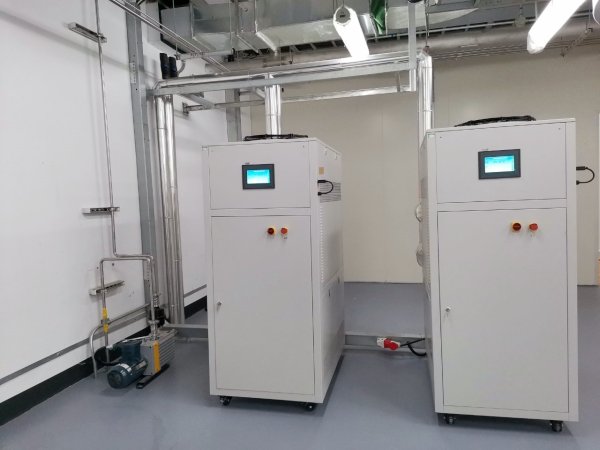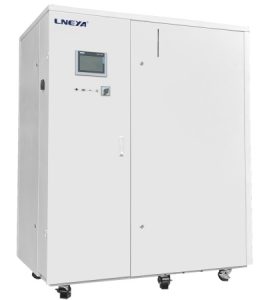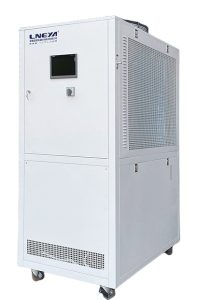Water Cooler Cooling Systems: An In-Depth Exploration
Water cooler cooling systems are diverse, ranging from personal water coolers to industrial-scale cooling technologies. This article provides a comprehensive examination of water cooler systems, discussing their various types, how they work, and their practical applications in different settings.
Personal Water Coolers
Personal water coolers are commonly found in offices and homes, providing chilled or hot drinking water. These units typically consist of a refrigeration unit, a water reservoir, and a dispenser. The cooling mechanism is based on vapor-compression refrigeration, where a refrigerant absorbs and dissipates heat to cool the water.
Industrial Water Cooler Systems
Industrial applications of water cooler systems are more complex and are used for process cooling or space conditioning. These systems circulate water through heat exchangers to maintain a desired temperature, which can be used for cooling electronic equipment, industrial processes, or in HVAC systems.
Mechanisms of Water Cooler Systems
The basic mechanism of water cooling involves the transfer of heat from a warmer substance to the water, which then carries the heat away. In closed-loop systems, the water is recirculated after heat exchange, while in open-loop systems, water is used once and then discharged.
Benefits of Water Cooler Systems
Water cooler systems offer several benefits, such as:
Energy Efficiency: Water’s high heat capacity makes it an efficient cooling medium.
Consistent Temperature Regulation: Ideal for applications requiring stable temperatures.
Scalability: Systems can be designed to meet a wide range of cooling demands.
Applications of Water Cooler Systems
These systems are used in various applications, including:
Commercial Buildings: For cooling office spaces and providing drinking water.
Industrial Processes: In manufacturing for cooling machinery and processes.
Data Centers: To maintain optimal temperatures for server rooms.
Environmental Considerations
Water cooler systems can be designed to be environmentally friendly by:
Minimizing Energy Use: Through the use of energy-efficient components.
Recycling Water: In closed-loop systems to reduce waste.
Conclusion
Water cooler cooling systems, whether for personal use or industrial applications, provide effective solutions for cooling needs. By understanding the mechanisms, benefits, and applications of these systems, users can select the most appropriate cooling technology for their specific requirements.
This article offers a detailed analysis of water cooler cooling systems, ensuring readers have access to comprehensive information on the subject. It covers a range of systems, from small-scale personal coolers to large industrial applications, providing a multifaceted view of water-based cooling technologies.
 Industrial Chiller Heater Equipment Supplier-LNEYA
Industrial Chiller Heater Equipment Supplier-LNEYA


